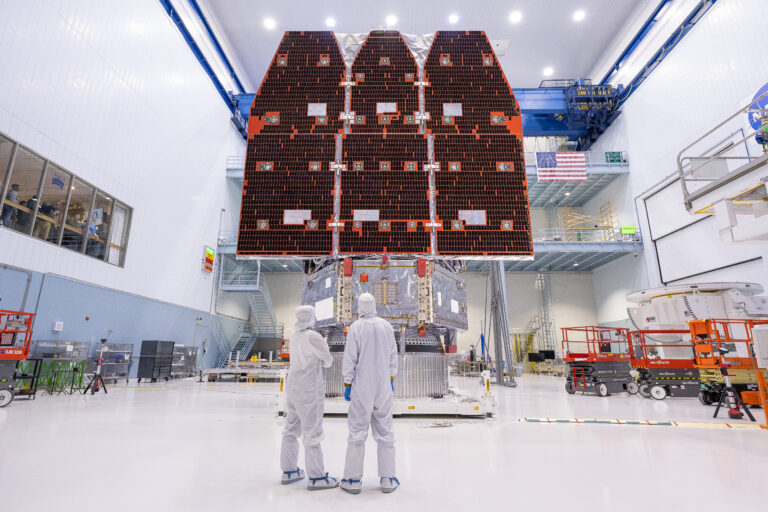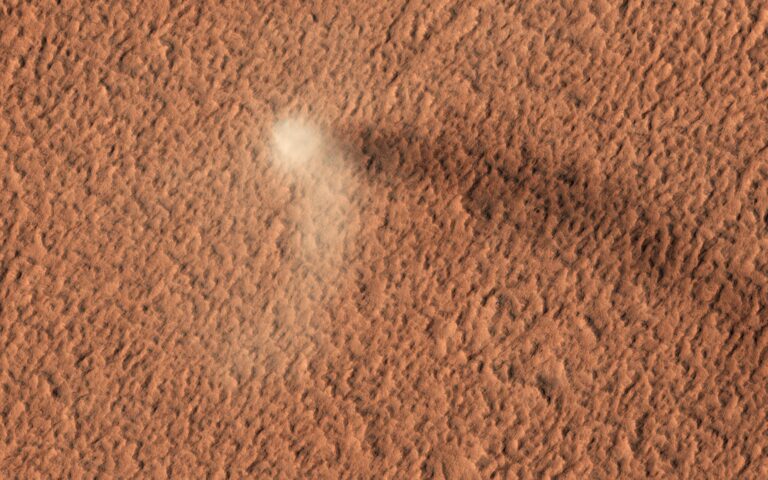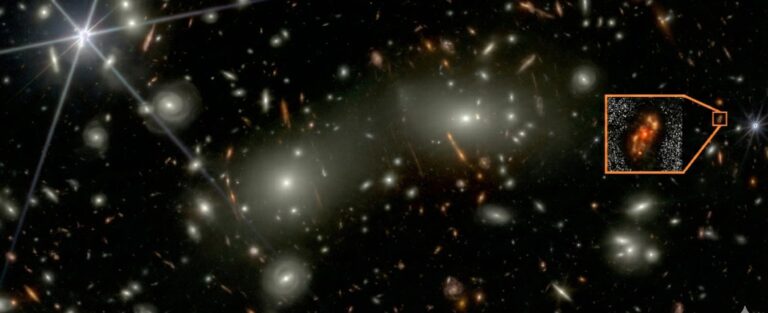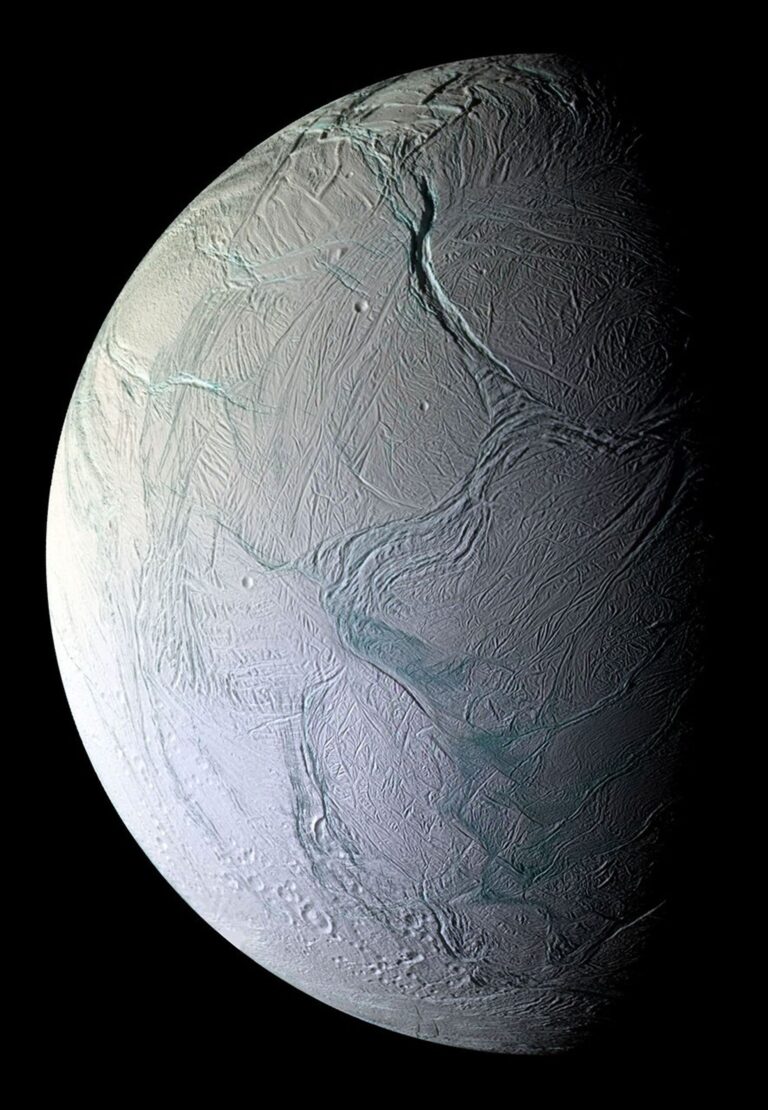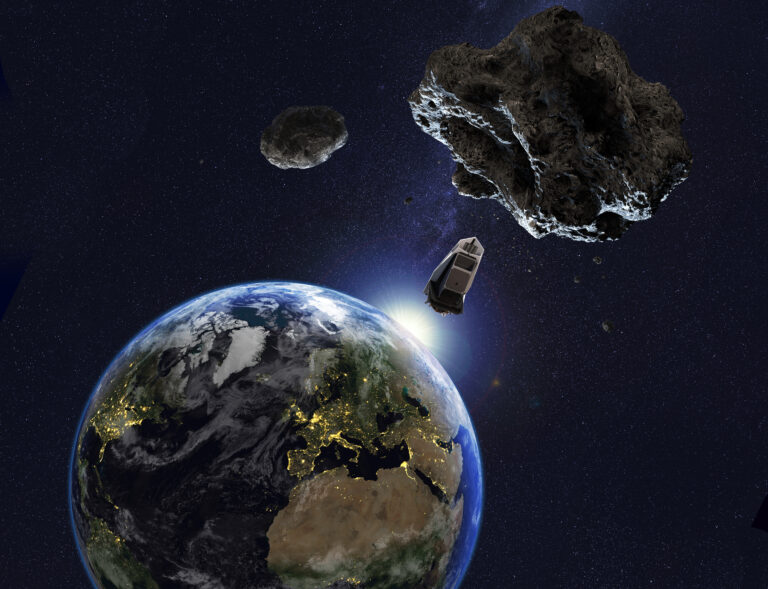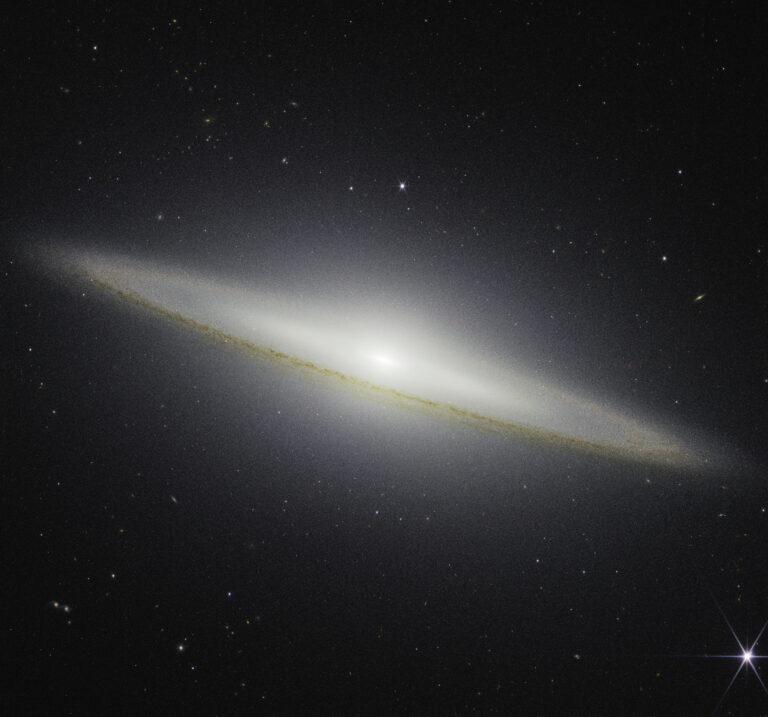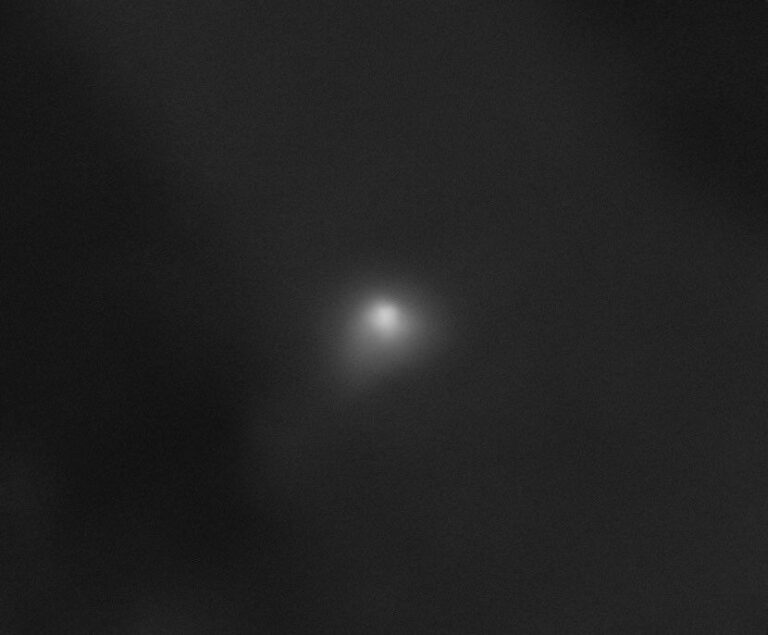Key Takeaways:
- The Antarctic Impulsive Transient Antenna (ANITA) detected anomalous radio signals seemingly originating from below the Earth's surface, contradicting the expected trajectory of high-energy particles.
- Analysis of eight years of data from the IceCube neutrino telescope failed to find corresponding signals to ANITA's anomalies, ruling out a straightforward astrophysical origin.
- Alternative explanations for the ANITA signals include reflections from subsurface ice formations or the potential detection of exotic particles, such as dark matter candidates.
- A more sensitive ANITA upgrade is planned to gather more data and potentially shed light on the origin of these unusual signals, furthering the investigation into ultra-high energy neutrinos and fundamental physics.
The signals were flagged by a NASA-funded collection of horn radio antennas held aloft over Antarctica by a giant balloon. The device, called the Antarctic Impulsive Transient Antenna (ANITA), picks up radio signals produced when high-energy particles coming from deep space encounter our atmosphere. Some waves skim the Earth before they hit ANITA, and others bounce off the ice. ANITA can tell the difference. During its first float in 2006 and again in 2014, the device picked up anomalous signals that resembled the kind that skim the Earth — but strangely, they seemed to be coming from the surface.
“That means they had to pass through a huge chunk of the Earth,” says physicist Stephanie Wissel of Penn State, who works on the ANITA experiment.
At the heart of this mystery are neutrinos: ghostly, high-energy particles that can stream through almost any material unscathed but can produce the telltale radio pulses that ANITA catches. To further investigate the unusual signals, physicists turned to IceCube, a neutrino telescope made up of long strings of detectors buried near the South Pole. A neutrino passing through the ice may produce other particles that emit tiny flashes of light that IceCube’s sensors can detect.
Scientists reasoned that ANITA’s anomalies should also have produced signals in IceCube, and those signals could reveal the deep-space source of the particles. But after eight years’ worth of data was searched, the mystery remained: The exhaustive analysis turned up no matches.
“If the ANITA signal was astrophysical, then we should be able to detect it in IceCube — and we did not,” says physicist Justin Vandenbroucke of the University of Wisconsin-Madison, who works on the neutrino observatory.
The new findings, published March in The Astrophysical Journal, mean scientists have to continue looking for less obvious explanations. Some have proposed that the anomalies arose from radio waves bouncing through caverns or buried lakes in the ice. Other theorists proposed more exotic ideas, such as that the heavy, high-energy particles in line with ANITA’s data may describe one candidate for dark matter — the mysterious stuff that’s believed to make up 85 percent of the matter in the universe but has never been detected. Still others hypothesize that the exotic particles fit an existing theoretical model of a parallel universe — one that is symmetric to ours, but populated with antimatter and running backward.
Wissel and her colleagues are preparing a more sensitive upgrade to ANITA that, they hope, will find more of these strange signals. As an experimentalist, she says she’s beholden to data, but appreciates the ideas about where the signals originated. New questions and tests can then confirm — or refute — theories about these deep-space particles and how the universe began.
“They’re trying to do with our data exactly what we want people to do with our data,” says Wissel. “We want ANITA to push observations of ultra-high energy neutrinos into a new regime. We think that there is interesting new physics to be done.”


